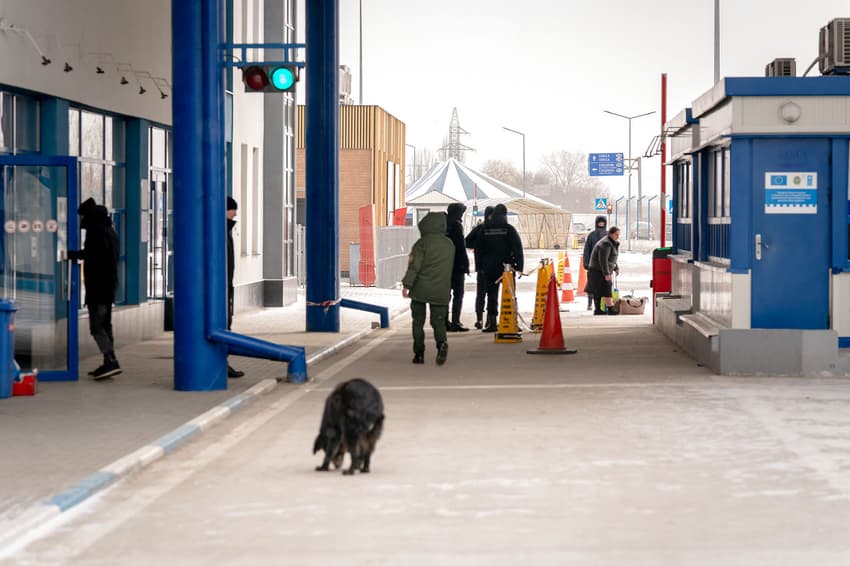Ukrainian refugees can work in Denmark before receiving residence permit

Ukrainian refugees are from Friday permitted to work in Denmark while awaiting the outcome of their residence and work permit applications.
Refugees from Ukraine who apply for residence in Denmark under a special law do not need a permit to begin working, only a receipt showing proof they have submitted an application. This means they can begin working as soon as their applications are in.
Parliament in March passed a special law aimed at speeding up the process of issuing residence permits for Ukrainian refugees who have arrived in Denmark since the Russian invasion of their country began on February 24th.
Employers have earlier bemoaned long processing times for residence applications for Ukrainians in line to begin work, broadcaster DR reported.
Minister for Immigration and Integration Mattias Tesfaye earlier this week said that Ukrainian refugees would no longer need to wait for their paperwork to come through before they begin working, should they be offered a job in Denmark.
Specifically, Ukrainians who have applied for residence in Denmark under the special law and have submitted biometric data as part of that process will be allowed to work while the are awaiting the outcome of their application.
READ ALSO: How Ukrainians can apply for residence and work permits in Denmark
“Many Ukrainians in Denmark want to go to work. At the same time, we are hearing from companies that they need people. But processing of their applications takes a little while. I have therefore decided that people who apply for residence under the special law can be hired from Friday (April 22nd),” Tesfaye said in a statement.
“We’ll have to get their papers in order afterwards,” he added.
“This is a helping hand to Danish businesses and I therefore also have a clear expectation that no Danish companies abuse this situation [to underpay Ukrainians],” he added.
According to ministry figures, 23,086 people have applied for residence in Denmark under the special Ukrainian law as of April 19th. 5,423 permits have been issued.
Comments
See Also
Refugees from Ukraine who apply for residence in Denmark under a special law do not need a permit to begin working, only a receipt showing proof they have submitted an application. This means they can begin working as soon as their applications are in.
Parliament in March passed a special law aimed at speeding up the process of issuing residence permits for Ukrainian refugees who have arrived in Denmark since the Russian invasion of their country began on February 24th.
Employers have earlier bemoaned long processing times for residence applications for Ukrainians in line to begin work, broadcaster DR reported.
Minister for Immigration and Integration Mattias Tesfaye earlier this week said that Ukrainian refugees would no longer need to wait for their paperwork to come through before they begin working, should they be offered a job in Denmark.
Specifically, Ukrainians who have applied for residence in Denmark under the special law and have submitted biometric data as part of that process will be allowed to work while the are awaiting the outcome of their application.
READ ALSO: How Ukrainians can apply for residence and work permits in Denmark
“Many Ukrainians in Denmark want to go to work. At the same time, we are hearing from companies that they need people. But processing of their applications takes a little while. I have therefore decided that people who apply for residence under the special law can be hired from Friday (April 22nd),” Tesfaye said in a statement.
“We’ll have to get their papers in order afterwards,” he added.
“This is a helping hand to Danish businesses and I therefore also have a clear expectation that no Danish companies abuse this situation [to underpay Ukrainians],” he added.
According to ministry figures, 23,086 people have applied for residence in Denmark under the special Ukrainian law as of April 19th. 5,423 permits have been issued.
Join the conversation in our comments section below. Share your own views and experience and if you have a question or suggestion for our journalists then email us at [email protected].
Please keep comments civil, constructive and on topic – and make sure to read our terms of use before getting involved.
Please log in here to leave a comment.